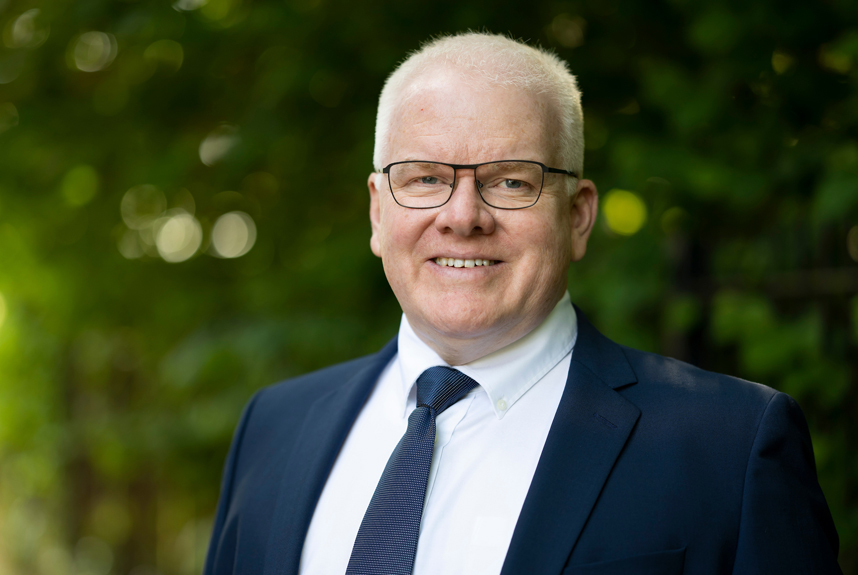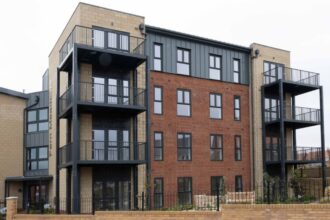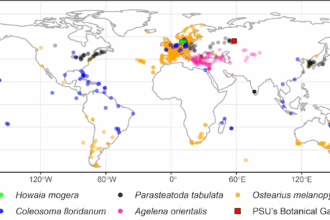Members of the Senedd heard during a health and social care committee meeting on 17 September that GP funding needs to increase from 6% to 8.7% of total NHS funding immediately, with a further increase to 11% in the next five years.
GP leaders told the committee that funding needs to move from hospitals into general practice to fully support prevention and reduce impact on trusts. The Senedd heard that without this, the ‘prevention agenda’ will ‘suffer’ and be ‘diminished’.
BMA GP committee leaders said they would not accept a move to multi-year contracts similar to the five-year contract that began from 2019 in England, but that they would back a ‘multi-year funding strategy’ so that practices could make financial plans.
GP funding
BMA Wales GP committee chair Dr Gareth Oelmann said: ‘The funding into general practice has gone from previously being 8.7% [of NHS funding] down to, at [the] last estimate, about 6.01%. That decline in the proportion of funding has come at the detriment of practice viability [and] sustainability, and you’ll all have seen the figures within the last 10 years of how 100 practices have returned their contracts. I’m asking for 11% as an aspiration – that’s a small quantum but would make an enormous difference when you look at the proportion of NHS Wales spend.’
He said that as the workforce is decreasing, workload is increasing and becoming more complicated and complex. As more work is shifted out of hospitals into general practice ‘the resource needs to follow the cost’, he added.
In a statement released later by the BMA, Dr Oelmann said: ‘Without adequate funding for general practice, including a more equitable allocation of the NHS budget, general practice is at risk of collapse, which would subsequently impact the entire NHS.’
BMA Wales GP committee deputy chair Dr Ian Harris told the Senedd committee that he understands there is immense pressure on acute services, but argued that general practice could be part of the solution to easing hospitals’ pressure.
Prevention
He said: ‘But we can’t do more with less. Over the years, we’ve been asked to do more and more and more with a reducing proportion of the NHS spend. Our view is that there needs to be a policy decision to invest in the preventive agenda and invest in general practice, because we feel that will offload the acute sector as well. If people are healthier and we can maintain their health in the community, we’re less likely to put that pressure on the acute care sector.’
GP leaders at the hearing were all in agreement when asked if the ‘prevention agenda is suffering’ and ‘diminishing’. RCGP Wales chair Dr Rowena Christmas said: ‘At the moment, we’re seeing 90% of patient contact in primary care, but we’re firefighting all of the time because of that budget being reduced all the time. If we had a little bit more of that sliver of the budget, we’d be doing more preventive work.’
She said with more funding, GPs would be able to offer more continuity of care and patients would therefore be less likely referred to secondary care. ‘A little bit more for us will take the pressure off secondary care,’ she said.
Dr Christmas added that the current initiative that sees hospital nurses speak to patients on waiting lists about their weight or smoking cessation services could be better carried out in general practice. She said: ‘GPs and their teams know their patients, they can really make a difference when you get that key opportunity. If you put that money into my practice, for my patients waiting for an operation, and my nurse got on the phone and spoke to them, I think the outcomes would probably be better and we would be able to do more with that money and follow those patients up.’
New contracts
Despite rejecting multi-year contracts, Dr Oelmann said: ‘Annual contract negotiations are problematic…because then you are beholden to the vagaries of inflation with regard to expenses and unforeseen circumstances. So, we’ve seen a five-year deal in England that left practices contractually at a 2% increase year on year, which created their own problems.
‘We wouldn’t look to try and replicate multi-year contractual deals, but a multi-year funding strategy is a much more nuanced way to address some of the issues, to move the resource restoration argument and shifting left, and resources following the cost.’
Dr Harris added: ‘I don’t think we would be averse to having a cycle that allowed you to plan on a longer-term basis.’
The meeting came after BMA Wales launched its Senedd 2026 manifesto ‘Health in our hands’, which called for changes in five areas including fairer investment into general practice.








